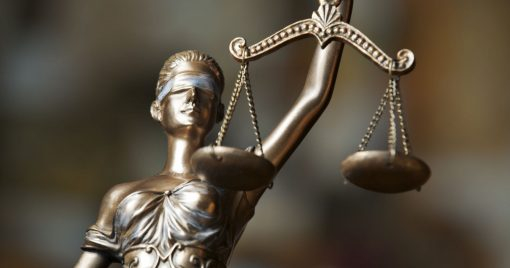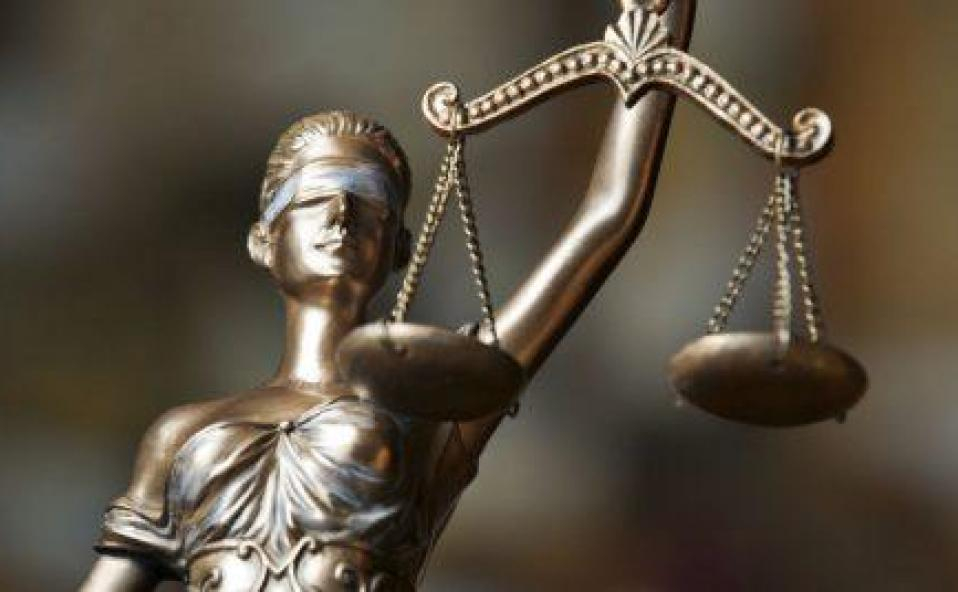Ms. Vann, I’d like to add my two cents to your words. I’ll begin by citing what the US Constitution says about impeachment/trial:
Article 1, Section 2: The House of Representatives shall chuse their Speaker and other Officers; and shall have the sole Power of Impeachment.
Article 1, Section 3: The Senate shall have the sole Power to try all Impeachments. When sitting for that Purpose, they shall be on Oath or Affirmation. When the President of the United States is tried, the Chief Justice shall preside: And no Person shall be convicted without the Concurrence of two thirds of the Members present.
Judgment in Cases of Impeachment shall not extend further than to removal from Office, and disqualification to hold and enjoy any Office of honor, Trust or Profit under the United States: but the Party convicted shall nevertheless be liable and subject to Indictment, Trial, Judgment and Punishment, according to Law.
Article 2, Section 2: . . . he [the president] shall have Power to grant Reprieves and Pardons for Offences against the United States, except in Cases of Impeachment.
Article 2, Section 4: The President, Vice President and all civil Officers of the United States, shall be removed from Office on Impeachment for, and Conviction of, Treason, Bribery, or other high Crimes and Misdemeanors.
 The US Constitution, the basic law of our land, is an amazing document. With its 27 Amendments it is only 16 pages long (per hyperlink above). Compare that to our Federal tax code which is over 4,000 pages! The framers must have wanted a document that every citizen could read and understand without needing a doctorate and the patience of Job.
The US Constitution, the basic law of our land, is an amazing document. With its 27 Amendments it is only 16 pages long (per hyperlink above). Compare that to our Federal tax code which is over 4,000 pages! The framers must have wanted a document that every citizen could read and understand without needing a doctorate and the patience of Job.
The framers did not set out detailed impeachment and trial procedures. Likewise they didn’t define in detail what “treason, bribery, and other high crimes or misdemeanors” mean. They could not have foreseen all possible variations or conditions of these offenses. And so they produced a model of conciseness requiring reasoned judgment.
We are left with constitutional scholars, lawyers, Congressmen, and other mind-readers, all with political biases, to tell us what the framers meant. My take is the framers were saying to Congress: “Use your judgement as to the severity of the offenses. If sufficiently egregious, boot the bum out.”
Let us look at the procedure. It appears unlike any jury trial I have seen.
The impeachment is like an indictment of the accused, brought by a prosecutor as a result of a grand jury investigation. In this case, the House of Representatives is both prosecutor and grand jury. If there is sufficient evidence that the accused committed a serious crime, the case proceeds to trial. As in any jury trial, the defendant can be represented at all times by as many attorneys as he can afford, or even himself.
Now to the Senate “trial”. It is not just a little different than any trial you and I are familiar with, it is radically different.
Here, each of the 100 Senators is a judge-juror. Further, even though they all swear an oath of impartiality, only a few abide by that oath. How do we know? Because many, including the jury foreperson, told us so! In my time I have never seen a person swear an oath of impartiality having previously told us he’s not going to truly mean it. Holy Moly!
If that is not repugnant enough, the defendant has been able to hide what could be direct evidence of his wrongdoing in his personal lockbox, and has the power to keep key witnesses and other documents hidden unless the prosecutor is willing to spend months going through the court system. And if the prosecutor is ultimately successful, the statute of limitations will have expired (perp is re-elected) and the trial will become pointless.
The Chief Justice in this proceeding was mostly an administrative time-keeper. I noticed only one judgment: He refused to read Rand Paul’s note which attempted to reveal the identity of the whistleblower, the hero labelled the real villain by the defendant and his lackeys.
And so 51 biased jury-judges, whose jobs depend on acquittal of the defendant, and who number well over the 34 needed to acquit, were going to acquit no matter what evidence or argument was presented by the prosecution.
Removal from office was never in the cards. The prosecution’s purpose of impeachment/trial, I think, was to inform voters of the corruption of our president so we can decide in November if he deserves a second term.
The lasting tragedy of this episode is its precedent-setting repudiation of the noble idea that no person is above the law.
Bob Moores
Chestertown, MD
Don’t miss the latest! You can subscribe to The Chestertown Spy‘s free Daily Intelligence Report here



Gren Whitman says
GOP to USA: Trump can do anything he wants to get re-elected.